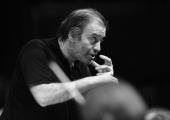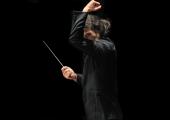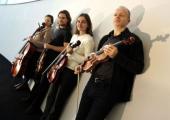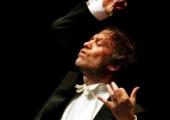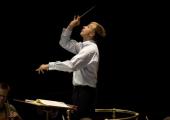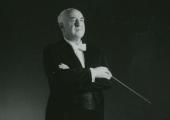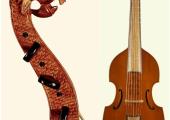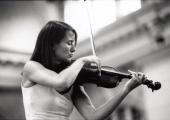Royal Scottish National Orchestra, Neeme Järvi, Usher Hall, Edinburgh
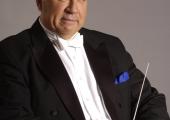
Scots players burn for their old Estonian master in Dvořák and Shostakovich
White-knuckle crescendos loom large in that greater-than-ever conductor Neeme Järvi's spruce Indian summer. Short-term bursts were the chief payoff in tackling Dvořák's deceptively simple-seeming Serenade for Strings with a huge department on all too little rehearsal time, but they also helped to pave the way for the two big events in Shostakovich's Seventh Symphony: not just the infamous "invasion" sequence based on Ravel's Boléro, but above all the final slow burn. It was ultimately here that Järvi's mastery of the long, inward line showed us what creative conducting is all about.

